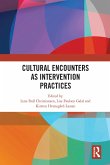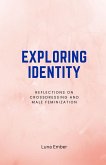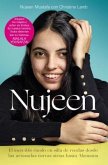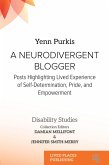Andere Kunden interessierten sich auch für
Produktdetails
- Verlag: Banaban Vision Publications
- Seitenzahl: 88
- Erscheinungstermin: 28. Oktober 2024
- Englisch
- Abmessung: 203mm x 133mm x 5mm
- Gewicht: 110g
- ISBN-13: 9780645149166
- ISBN-10: 0645149160
- Artikelnr.: 72026859
Hinweis: Dieser Artikel kann nur an eine deutsche Lieferadresse ausgeliefert werden.
- Libri GmbH
- Europaallee 1
- 36244 Bad Hersfeld
- gpsr@libri.de
RAOBEIA KEN SIGRAH1956 - 2021The late Raobeia Ken Sigrah was born on 18 January 1956 on Rabi, Fiji. He identified as a Banaban but held a Fiji passport and later resided in Australia. Known as Ken to his friends, he began his education at the age of seven at Buakonikai Primary School in 1962 and continued at Banaban Primary School until 1967. After passing his Intermediate exams, he attended Niusawa Methodist High School, a Fijian school on nearby Taveuni. In 1980, he studied English for a year at Fulton College in Fiji.Ken studied Banaban culture and customs under the guidance of Banaban elders. He began these studies at the age of 14 as part of his responsibilities as a male clan member, preparing to serve as a clan spokesman in meetings concerning Banaban culture, customs, and genealogies. Ken witnessed the challenges his people faced and represented individual clans in general meetings, exchanging ideas with Banaban elders. His first experience as a clan spokesman was in 1987, followed by further roles in 1994, 1995, and 1996.In 1997, Ken asked Stacey King to assist him in writing a history of Banaba. He aimed to promote Banaban history, culture, and customs, though he had previously struggled to find a sponsor for editing and publishing the work. With many elders having passed away and others in their later years, he hoped to publish this material, gathered over many years, for the benefit of the younger Banaban generation, who are now growing up in a different environment, to help them preserve their culture, heritage, and identity as Banabans.









